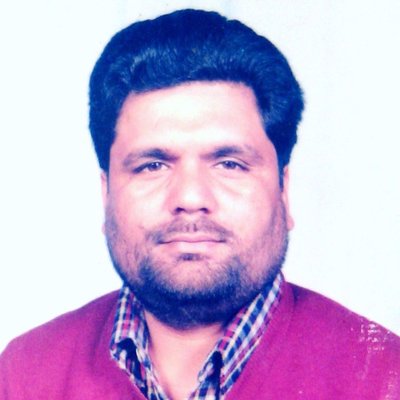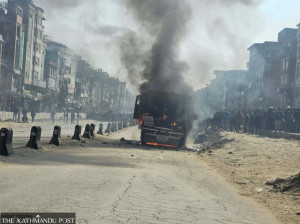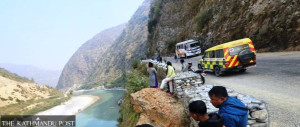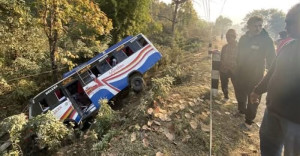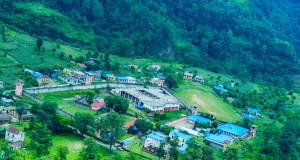Bagmati Province
Despite campaigns and government policies, child marriage is still prevalent in Makwanpur
The Bagmati Provincial Government has plans to eradicate child marriage by early 2022, but numbers are not all too encouraging.Pratap Bista
Fifteen-year-old Radhika Chepang of Katunje, a sixth-grader at Bhawani Secondary, dropped out of school this year following her marriage to Arun Chepang. Chepang, however, is not the only one from the school to get married at an early age, said Principal Balchandra Malla. In this academic session alone, eight students—all under age—of Bhawani Secondary got married. Another school, Suryodaya Secondary, in Raksirang, reported that 12 of its students got married as children this session.
“Those students who get married eventually drop out of school,” said Dipak Karki, principal of Suryodaya Secondary. “We teach students that child marriage is illegal and that it harms them on multiple fronts, but they still get married at a young age.”
Marrying early can lead to various health complications as well, said Ramesh Adhikari, chief of the Hetauda-based provincial health directive.
“Those who give birth before 20 suffer from uterus prolapse, among other reproductive health issues,” he said. “More worryingly, newly born children are exposed to long-term health risks.”
Despite multiple campaigns aiming to stop child marriage, the practice continues unabated in the district’s rural belt, with schools reporting dozens of such cases in a single academic session.
“Traditional norms, poverty and illiteracy are contributing to the high rate of child marriage in the district,” Karki said. Malla said that a majority of parents in the rural belt feel they have to marry off their children once they reach puberty.
According to data provided by the District Public Health Office, child marriage is most widespread in the semi-nomadic Chepang communities of Makwanpur. The district’s rural municipalities report that 45 to 86 percent of children from Chepang communities get married between the ages of 12 and 18. Out of 237 marriages in Bhimphedi Rural Municipality in the fiscal year 2019/20, 58 were child marriages. Of those 58 cases, 75 percent of the couples had eloped.
“People in Chepang communities believe that marrying off their children at an early age is economical,” said Rajkumar Malla, chief of Raksirang Rural Municipality. “The families of a bride think they have fewer burdens when their girl child is married early; while for the family of a groom, marriage means extra workforce.”
Malla added that many people there don’t even know that marrying before the age of 20 is illegal.
Almost all of the district’s local units have plans and policies to curb child marriage but they have yet to effectively implement them, according to Tanka Moktan, chief of Kailash Rural Municipality. “On paper, child marriage is prohibited. But the rule hasn’t been implemented effectively.”
The federal government has announced a plan to eradicate child marriage by 2030. But the Bagmati Provincial government has an even more ambitious plan to eradicate the practice within early 2022. The local units have floated policies to work towards that.
“We will at any cost make the province child marriage free by early 2022,” Dormani Poudel, chief minister of the province, declared. “Child marriage is a matter of shame to the province and the whole country.”
Among the 13 districts in the Bagmati Province, Nuwakot has the highest rate of child marriage with 62.58 percent; Dhading has 62.9 percent; Sindhuli 62.5 percent; and Makwanpur 59.7 percent, according to a recent data by the provincial ministry of social development.




 8.79°C Kathmandu
8.79°C Kathmandu